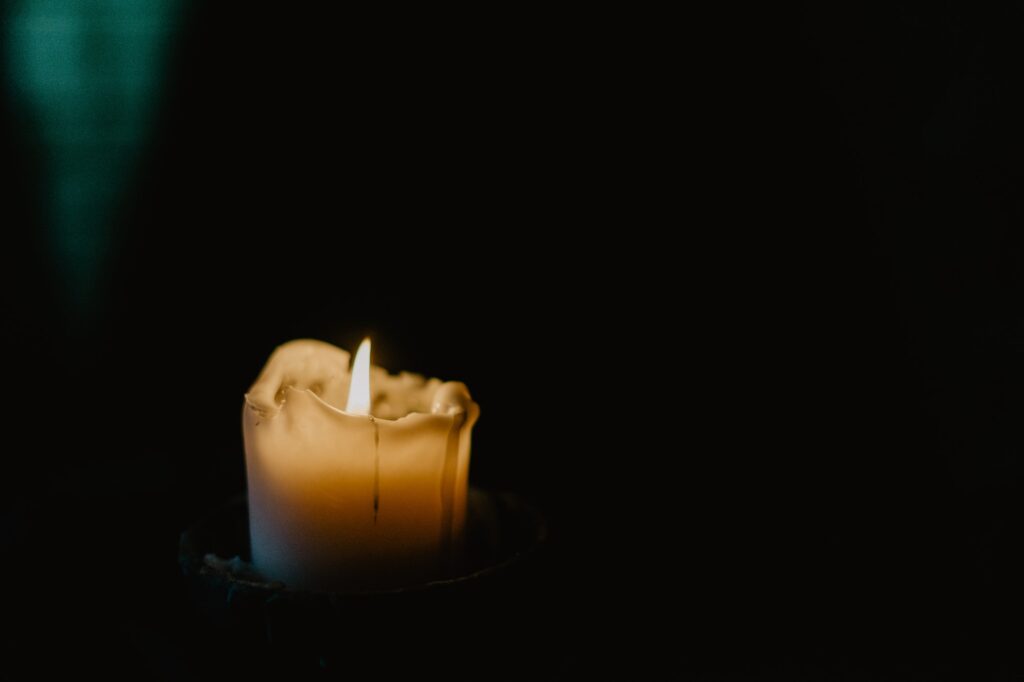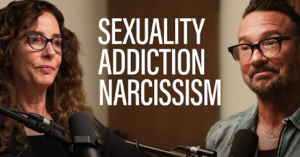“I thought when love for you died, I should die.
It’s dead. Alone, most strangely, I live on.”
~ Rupert Brooke
No one knows the hurt of heartbreak until they’ve experienced it. The gnashing pain of saying “good-bye” to a lover–when we know the relationship isn’t working, when we have to leave in order to grow into our potential, when we’ve been so terribly betrayed that we can’t hold a vision for healing, or when someone dies–is beyond comprehension until we live through it. Loss is so devastating that many people hold onto pain, resentment, or anger as a perverse way to stay in relationship with the one we’ve said “good-bye” to. Sometimes it even feels righteous to stay in anger, hurt, or upset–almost as though we can right the wrong if we dig in our heels. Yet over time, this stance leaves us embittered and stuck, hanging on for dear life so as not to feel the awful feelings of sorrow. Worse, that mental clinging precludes our moving on.
Grief, on the other hand, is an essential step in our progress forward. Grieving requires the ego and the recriminations to get out of the way so that we can become vulnerable and fully feel the loss of what once was. Without the full-bodied sensation of our grief and loss, we can never get past them. Letting go and grieving is a cleansing and healing process for all: we tear open our emotional prison and energetically release ourselves, and our former beloved, to move on.
Daily Healthy Sex Acts:
- If you’re holding on to an old wound and haven’t let yourself feel the loss, take time today to write about what keeps you invested.
- Free yourself for a good cry over your primary losses.
- Have a small ceremony to commemorate the anniversary of the loss of a loved one, whether it was a relational loss or literal loss. Light a candle in his or her name to free them, throw a rock into the ocean to symbolize an aspect of the relationship that needs to be let go, or plant some flowers so that your grief can blossom into something new.


